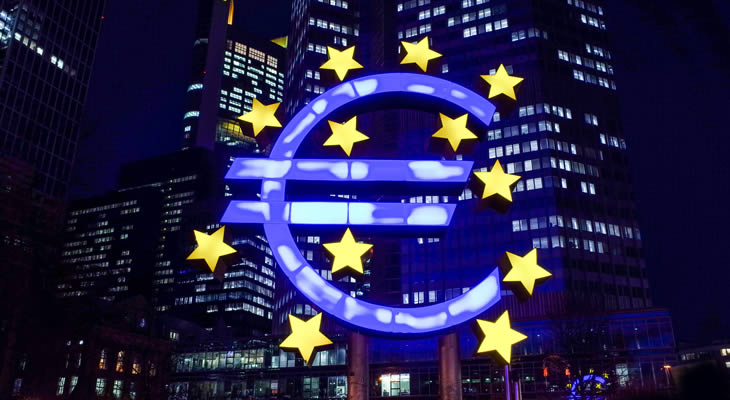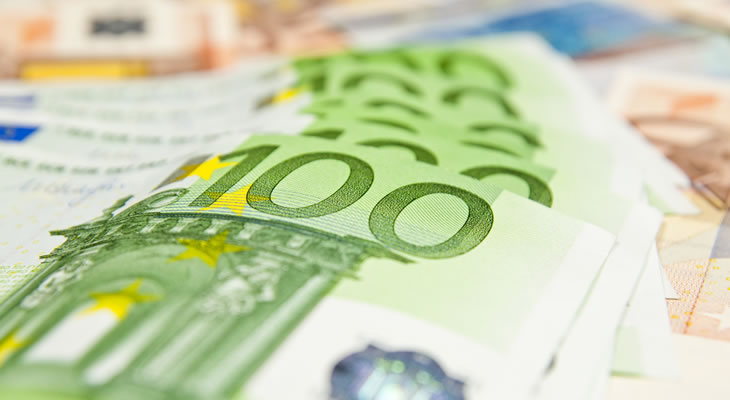- UK Pound (GBP) extends losses on political uncertainty
- Euro (EUR) softens thanks to US Dollar strength
- European Central Bank (ECB) policy easing concerns rising
- Yellen speech predicted to cause GBP/EUR exchange rate volatility
Pound Sterling (GBP) Exchange Rates Decline on EU Referendum Jitters
The British Pound declined versus most of its major peers on Thursday thanks to ongoing political uncertainty regarding the EU referendum and the British steel crisis. Recent opinion polls have suggested that the referendum vote is very close, further fuelling trader uncertainty and reducing the appeal of the Pound.
The latest news regarding the EU referendum was the announcement from the British government that public money will be used to fund a leaflet campaign to show that the UK is better off remaining a member of the European Union. This is highly controversial because Prime Minister David Cameron originally stated that no public money would be used to fund either side.
Even those who are pro-EU are unlikely to be comfortable with the use of funds that could be better spent elsewhere. The move has already been highly criticised by ‘out’ campaigners, and many are concerned the PM’s growing unpopularity is swinging undecided voters towards backing a ‘Brexit’.
Close to 50,000 people have already signed a petition against the use of taxpayers’ money to fund the leaflets. The text of the petition reads; ‘Prime Minister David Cameron plans to spend British taxpayers’ money on a pro-EU document to be sent to every household in the United Kingdom in the run up to the EU referendum. We believe voters deserve a fair referendum – without taxpayer-funded biased interceptions by the Government.’
The Pound Sterling to Euro (GBP/EUR) exchange rate is currently trending in the region of 1.2376.
Euro (EUR) Exchange Rates Forecast to Cool as ECB Contemplates Further Policy Easing

It is fair to say that thus far markets have been pricing in ‘Brexit’ jitters as a completely British problem. However, it is undeniable that the Eurozone will be impacted in some way given the intimate financial relationship between EU member states. As such, many fear that in the event of a ‘Brexit’ the Euro would soften by a huge amount, which could send ripples throughout global financial markets.
On Thursday the single currency declined in response to the publication of minutes from the most recent European Central Bank (ECB) policy meeting. The minutes revealed that most policymakers backed the unprecedented stimulus package rolled out last month.
Additional Euro losses can be linked to fears that the central bank will have no choice but to ease policy further against the backdrop of worsening global economic conditions. In the ECB’s annual report, President Mario Draghi wrote:
‘We face uncertainty about the outlook for the global economy. We face continued disinflationary forces. And we face questions about the direction of Europe and its resilience to new shocks.’
The Pound Sterling to Euro (GBP/EUR) exchange rate dropped to a low of 1.2311 during Thursday’s European session.
Pound Sterling to Euro (GBP/EUR) Exchange Rate Forecast: Yellen Speech to Provoke Volatility
Given the absence of further domestic data pertaining to both the UK and the Eurozone, the Pound Sterling to Euro (GBP/EUR) exchange rate is likely to continue trending narrowly for the remainder of Thursday’s European session.
However, there is potential for volatility later in the North American session. Federal Reserve Chairwoman Janet Yellen is due to make a speech in New York alongside other Fed officials. If Yellen speaks dovishly there is a chance that the Euro will climb thanks to the negative EUR/USD correlation. On the flip side, a hawkish Yellen will likely provoke further Euro losses as traders fear widening policy divergence between the Fed and the ECB.
Looking further ahead to Friday, there will be several domestic data publications with potential to cause GBP/EUR exchange rate volatility. For those invested in the common currency, Germany’s Trade Balance data is likely to be of significance.
In terms of British data to look out for; Industrial Production, Manufacturing Production and Trade Balance data should all cause GBP volatility. With that said, however, there is every chance that British economic data won’t be hugely impactful given that trader focus is currently dominated by political developments.
The Pound Sterling to Euro (GBP/EUR) exchange rate reached a high of 1.2429 during Thursday’s European session.


Comments are closed.